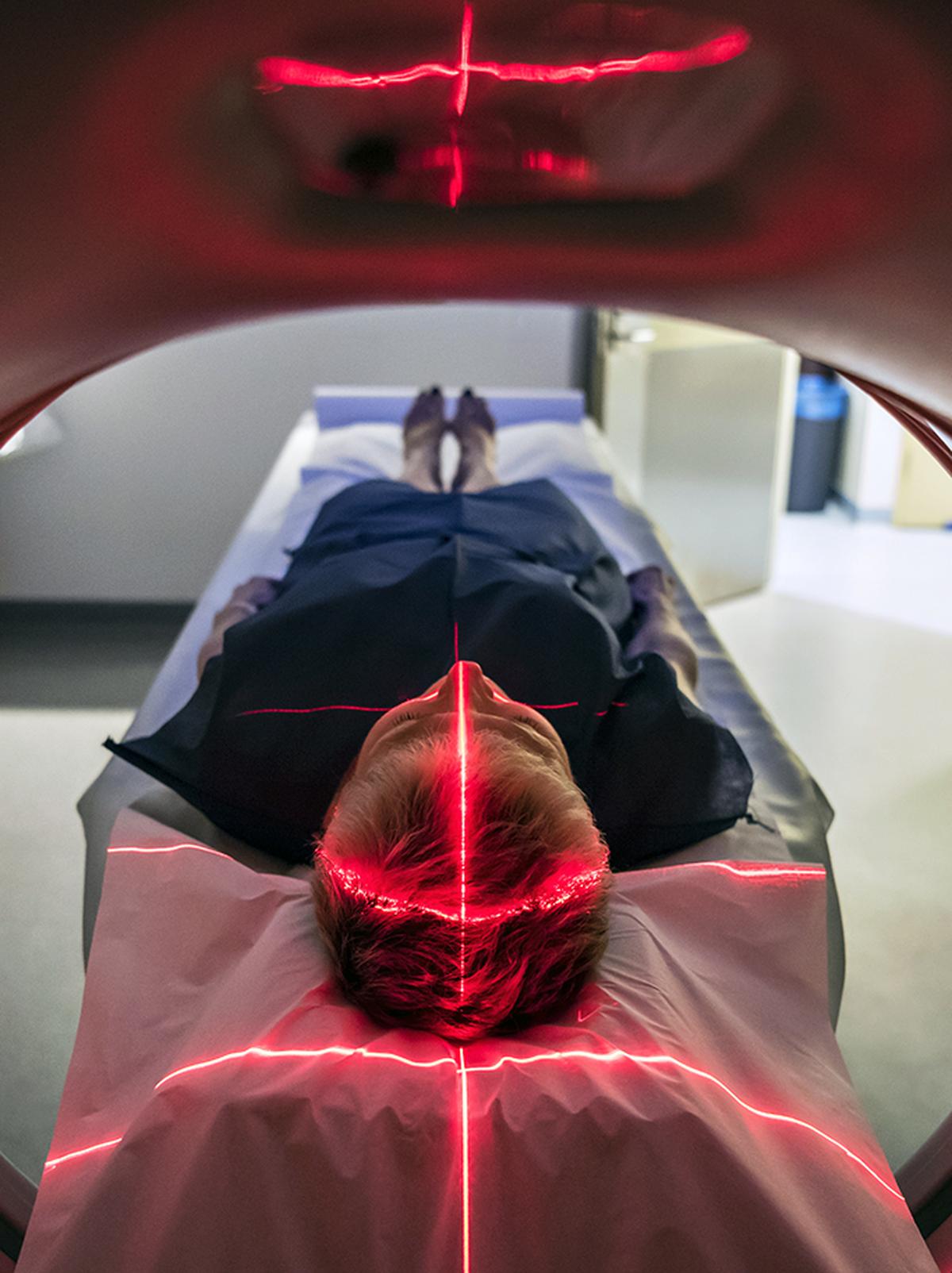Science
Discover the Life-Saving Potential of Living Organ Donations

Living organ donation traditionally brings to mind the donation of a kidney or a portion of the liver. However, recent medical advancements have expanded the possibilities, allowing living donors to contribute parts of several other organs. This evolution not only saves lives but also minimizes the health risks for donors. The profound impact of these donations is evident, as recipients often experience significant improvements in their quality of life, while donors frequently regard the act as one of the most meaningful decisions they have ever made.
Expanding the Scope of Living Donations
While kidney and liver donations are well-known, several lesser-known options exist that can be equally life-saving. For instance, a lobe of the lung can be donated to patients suffering from severe lung disease. Currently, it is not feasible for a person to survive after donating an entire lung. Nonetheless, in specific scenarios where patients are critically ill and no suitable donor lungs are available from deceased individuals, a healthy donor can provide a lobe. Although the donor may experience a slight reduction in lung capacity, the recipient often sees immediate benefits, such as a decreased reliance on oxygen support.
Another significant option involves donating a portion of the pancreas. This can be transformative for individuals with serious Type 1 diabetes who struggle to manage their blood sugar levels through conventional treatments. Potential donors undergo extensive screening to ensure that their remaining pancreas can still produce insulin and digestive enzymes effectively. Although recovery may take several weeks, the reward of offering someone the chance to live without daily insulin injections is profound.
Additionally, a segment of the intestine can be donated, although this procedure is less common. Small bowel transplants are critical for patients with severe intestinal failure, who have difficulties absorbing nutrients through regular digestion. Donors can contribute a section of their small intestine, and while the recovery time is longer than other procedures, most donors adapt well due to the body’s remarkable ability to compensate.
The Commitment and Ethical Considerations
Living organ donation is a serious commitment that requires thorough evaluation. Each potential donor participates in a careful assessment process, which includes medical screening to identify any health issues that may pose risks. A psychological assessment ensures that the donor is fully informed, emotionally prepared, and willing to proceed without external pressure.
Surgical planning is crucial in minimizing risks and optimizing outcomes for both the donor and recipient. Post-operative care remains an essential component, as donors are closely monitored to track their physical recovery and provide long-term health check-ups.
The responsibility of healthcare professionals extends beyond saving the recipient’s life; they must also safeguard the donor’s well-being. Ethical considerations surrounding living organ donation are significant. Informed consent is paramount, ensuring that donors fully understand the associated risks and potential long-term effects. Coercion is unacceptable, even from well-meaning family members. It is crucial that donors recognize any possible health impacts, even if these occurrences are rare.
Living organ donations can dramatically alter the trajectory of lives, offering recipients a chance to escape the confines of medical machines and embrace a fuller life. While the decision to proceed with living organ donation should never be taken lightly, understanding the intricacies of the process and the potential for positive outcomes can inspire individuals to consider this profound act of generosity.
Dr. Rahul Rai, a senior consultant in hepatology and liver transplantation at Narayana Hospital in Jaipur, emphasizes that with the right circumstances, individuals have the opportunity to gift life without compromising their health.
-

 World5 months ago
World5 months agoSBI Announces QIP Floor Price at ₹811.05 Per Share
-

 Lifestyle5 months ago
Lifestyle5 months agoCept Unveils ₹3.1 Crore Urban Mobility Plan for Sustainable Growth
-

 Science4 months ago
Science4 months agoNew Blood Group Discovered in South Indian Woman at Rotary Centre
-

 World5 months ago
World5 months agoTorrential Rains Cause Flash Flooding in New York and New Jersey
-

 Top Stories5 months ago
Top Stories5 months agoKonkani Cultural Organisation to Host Pearl Jubilee in Abu Dhabi
-

 Sports4 months ago
Sports4 months agoBroad Advocates for Bowling Change Ahead of Final Test Against India
-

 Science5 months ago
Science5 months agoNothing Headphone 1 Review: A Bold Contender in Audio Design
-

 Top Stories5 months ago
Top Stories5 months agoAir India Crash Investigation Highlights Boeing Fuel Switch Concerns
-

 Business5 months ago
Business5 months agoIndian Stock Market Rebounds: Sensex and Nifty Rise After Four-Day Decline
-

 Sports4 months ago
Sports4 months agoCristian Totti Retires at 19: Pressure of Fame Takes Toll
-

 Politics5 months ago
Politics5 months agoAbandoned Doberman Finds New Home After Journey to Prague
-

 Top Stories5 months ago
Top Stories5 months agoPatna Bank Manager Abhishek Varun Found Dead in Well









